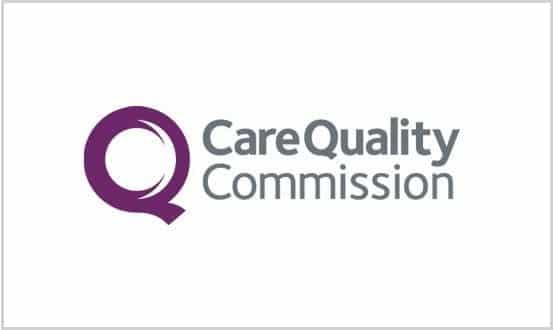Keogh announces new mortality measure
- 16 July 2013

The UK will become the first country in the world to create a national measure of avoidable deaths, NHS England’s medical director says.
Sir Bruce Keogh led a review into the quality of care and treatment provided by 14 English hospital trusts with high mortality rates as measured by the Hospital Standardised Mortality Ratio and the newer Summary Hospital-level Mortality Indicator.
During a press conference following the release of his report this afternoon, Sir Bruce said there is a difference between “excess deaths” and “avoidable deaths” and it is important to be able to distinguish the two.
Senior academics Professor Nick Black of the London School of Hygiene and Tropical Medicine and Lord Ara Darzi at Imperial College London will conduct research on how to measure avoidable deaths. This will feed into the implementation of a new national measure.
Sir Bruce said that until organisations know how many deaths are avoidable, they will not have the extra trigger needed for improving their service.
“We want to create a national measure of avoidable deaths. This will be the first time a country has done that,” he said.
Reducing avoidable deaths in hospitals is one of eight ambitions for improvement highlighted in the new report, which Sir Bruce believes can be implemented “relatively quickly."
“All trusts should rapidly embed the use of an early warning system and have clinically appropriate escalation procedures for deteriorating high-risk patients,” says the report.
Sir Bruce said today that the importance of gathering and reporting patient stories and staff feedback was one of the most powerful things his team learnt during the review.
“Real-time patient feedback and comment must become a normal part of provider organisations’ customer service and reach well beyond the Friends and Family Test,” his report says.
“Transparent reporting of issues, lessons and actions arising from complaints is an important step that the NHS can take immediately to demonstrate that it has made the necessary shift in mindset.”
Sir Bruce said it is important that trusts understand the sort of information they need to pursue quality improvement.
However, the review found that providers and commissioners are struggling to understand the rich data-sets available on quality.
“We also found a deficit in the high level skills and sophisticated capabilities necessary at board level to draw insight from the available data and then use it to drive continuous improvement,” the report says.
“Too often, boards were honing in on data that reassured them they were doing a good job, rather than pursuing data that revealed inconvenient truths, thereby missing opportunities for improvement.”
Sir Bruce said today that the method used to assess the quality of care at the 14 trusts was new and brought together a massive datapack including information from the ombudsman and regulators such as the General Medical Council.
NHS England’s new chief inspector of hospitals Professor Sir Mike Richards added that he would apply these learnings to the Care Quality Commission’s approach to reviewing trusts.
Sir Bruce described the release of today’s report as a “difficult day for the NHS”, but also said it is a turning point from which there is no going back.




